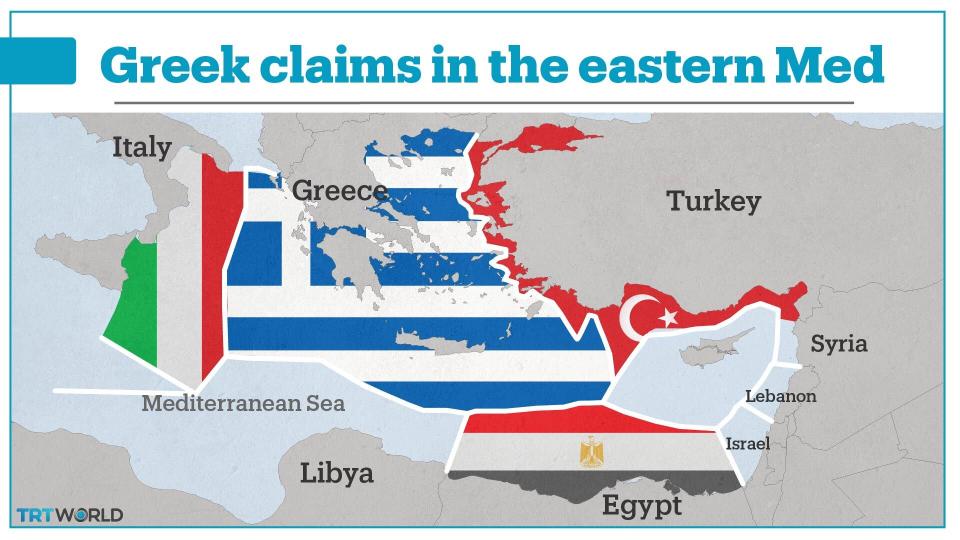frostbite
Full Member
- Joined
- Jun 28, 2021
- Messages
- 3,692
Some of them were given after WW2, and some of them were taken near the end of WW1. In all cases, with West's help, and given to Greece.
I know that the West is really good at making treaties that favor them, playing international law when it favors them, otherwise not, and softly humiliating the other countries. The problem is that when those countries become a bit stronger, then you have conflicts which probably are not nice. In Turkey's case, we are talking about arguably the second strongest infantry in NATO, the fourth overall strongest military in the Alliance, second highest population, and by 2050, the country with the third/fourth/fifth highest GDP in the alliance. Who also happens to be in a pretty strategic position, and who as Finland and Sweden will find out soon, happens to have veto power.
Just a few months ago the concept of a Russia-Turkey alliance in that region did not look great, and Turkey was essentially pushed into it. Sure, Russia currently seems to be a paper tiger, but I do not think that leaving Russia and Turkey to China is particularly smart for the West.
Greece was in the same alliance with England both in WW1 and WW2. Greece was a participant in both World Wars and had many deaths in both wars.
Turkey has a dictatorship. It is not the West that "leaves Turkey". Turkey has already decided it does not want the Western values.



